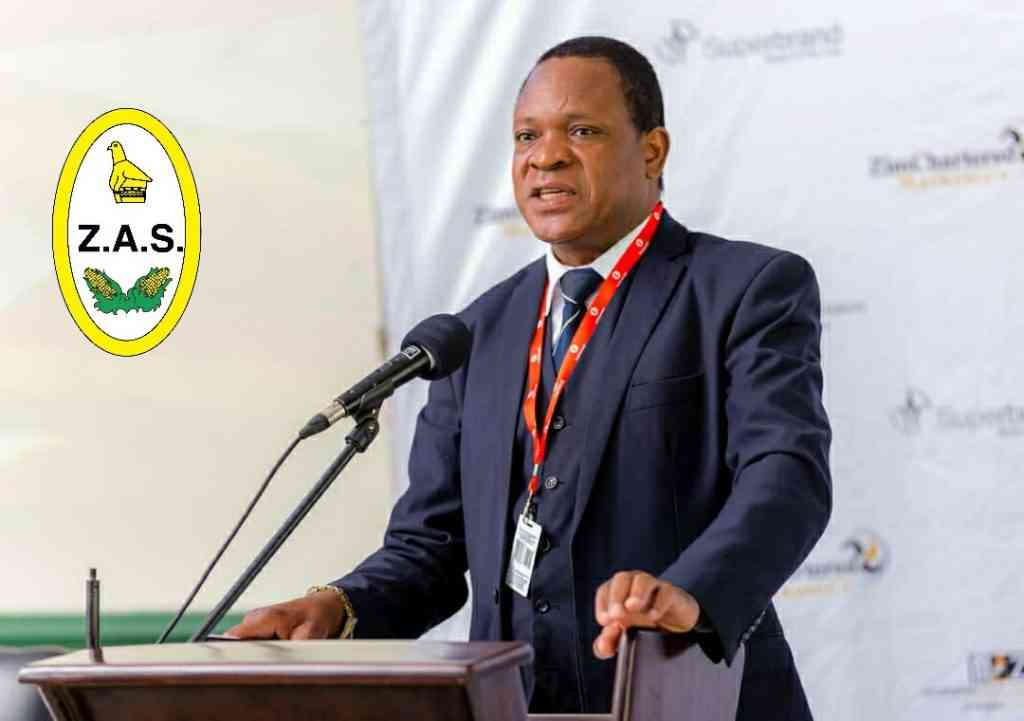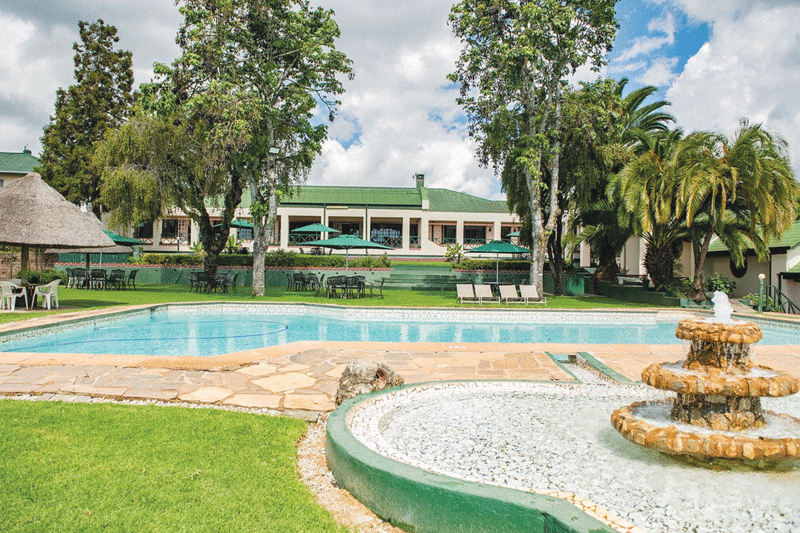
Last week, Dr Anxious Jongwe Masuka, as the Minister of Ministry of Lands, Agriculture, Fisheries,Water and Rural Development, appeared before the portfolio committee on lands, agriculture, water development, rural resources and resettlement.
Whilst he gave a good account of what is happening in the agriculture sector, he left the nation with more questions than answers.
To begin with, the minister created the impression that wheat farmers are more important than farmers who produce small grains, sweet potatoes, potatoes, poultry and other commodities on which the majority depend.
Considering that wheat is a monocrop, is it safe to plant wheat on all irrigatable land? Also considering that there is a drought this year, is it not more important to have maize, which is our staple being planted under irrigation just after winter?
What environmental impact assessment has been done to ensure the wheat we plant does not affect our soils, water bodies and wild life including quelea birds? The real question is what is the minister doing to advance food diversity?
Whilst the planting of wheat is something to worry about, the elephant in the room will remain payments due to farmers. It is unfortunate that most farmers are currently having a tough time in the market because the cash crisis the country is facing.
In that regard, it is only fair to ask Minister Masuka to what extent he has engaged the minister of finance to ensure the new ZiG currency drives agriculture growth, profitability and resilience?
Currency performance has a direct impact on agricultural performance.
- Chamisa under fire over US$120K donation
- Mavhunga puts DeMbare into Chibuku quarterfinals
- Pension funds bet on Cabora Bassa oilfields
- Councils defy govt fire tender directive
Keep Reading
Little cash in circulation is suppressing prices, increasing food losses, economic losses and undermining farmer incomes as well as the whole agriculture sector’s return on investment. Instead of requesting the fiscus to fund borehole drilling as Minister Masuka was doing in Parliament this week, why not ask the fiscus to provide funds for buying and warehousing all the food looking for a market? If farmers who produce small grains and horticulture fail to get a market, they won’t afford bread and that negatively affects wheat farmers.
Still on the Parliamentary Portfolio Committee responses by the Honourable Minister, when he talks about 35 000 village boreholes and business units, is he assuming that there is nothing already happening in those villages in terms of horticulture, water use and agribusiness? What is he doing to support existing agribusinesses that are struggling to stay viable due to market failure?
What agribusinesses are being set up around several water bodies that are currently under-utilized? Is he assuming all 35 000 business units will be successful enterprises? If so, what will happen to excess produce? Currently, for every farmer getting into horticulture, at least 10 are doing the same quietly, all growing the same commodity.
Most value chains and agribusiness models collapsed following land reform when they ceased to have a reliable market. What is the minister doing to build/revive ready markets for old and new value chains? Farmers have been crying about GMB for many years.
Cottco is in turmoil.
ARDA is being consumed by joint ventures and not able to participate on the regional or export market.
AMA is hopeless. ZMX is losing relevance to mass markets. CSC exists on paper. There is no proper livestock market and abattoirs are getting cattle for a song.
There is no organized market for indigenous poultry. There is no organized horticulture market. And the list is getting longer.
By not addressing these fundamental issues we are all complicit in misleading the President, Cabinet, Parliament, farmers, vendors, consumers and the whole nation that agriculture will change lives when we know the situation on the ground is bad.
- Gwabanayi is a practising journalist and a farmer in his own right.











